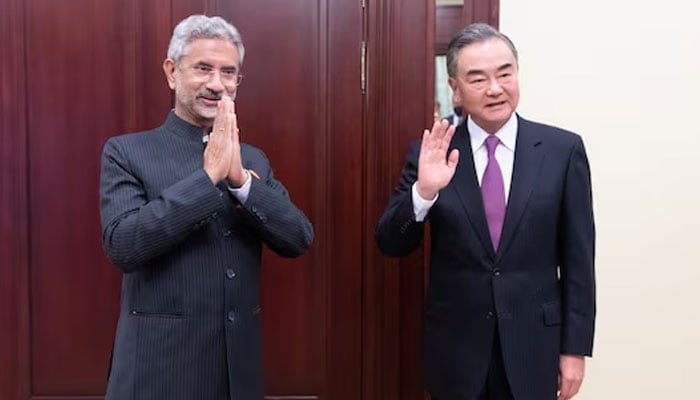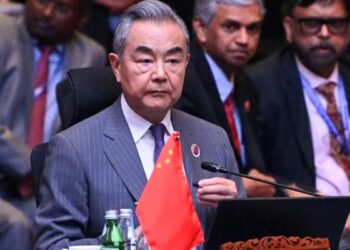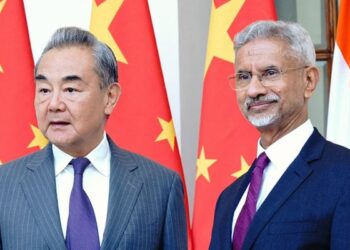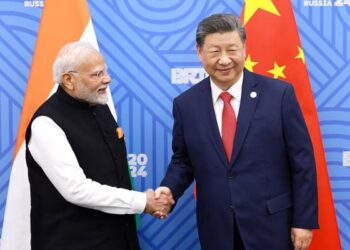Select Language:
Subrahmanyam Jaishankar, India’s Foreign Minister, sat down with Chinese Foreign Minister Wang Yi Monday in New Delhi, emphasizing that stable border peace is essential for improving bilateral relations. Wang’s two-day visit included upcoming border talks with National Security Adviser Ajit Doval and a meeting with Prime Minister Narendra Modi.
Jaishankar stated, “Addressing border issues is crucial because progress in our relationship depends on our joint effort to maintain peace and stability along our shared borders.” He also highlighted the importance of both nations pulling back troops in the contested Himalayan regions, especially following the deadly clash in 2020.
This visit precedes Modi’s upcoming trip to China for the Shanghai Cooperation Organization summit—his first visit in seven years. Diplomatic efforts to thaw icy relations began in October after a significant agreement to reduce military tensions along the Himalayan border, following talks between President Xi Jinping and Modi in Russia. Relations sharply deteriorated after a skirmish in 2020 resulted in Indian and Chinese casualties.
Amid this, Modi has called Russian President Vladimir Putin his “friend” and discussed shared insights from Putin’s recent Alaska summit with Trump. Modi reaffirmed India’s stance supporting a peaceful resolution to Ukraine conflicts on social media.
Meanwhile, U.S.-India relations face strain over Russia’s oil sales—Washington has threatened to double tariffs from 25% to 50% if India continues to buy Russian energy. Modi mentioned his recent discussion with Putin, reflecting ongoing diplomatic engagement.
US trade adviser Peter Navarro criticized India publicly, accusing it of aiding Russia’s war effort by turning sanctioned Russian crude into high-value exports, which flow into Moscow’s war funds. Navarro emphasized that the proposed 50% tariffs, starting August 27, would significantly impact India’s economy.







